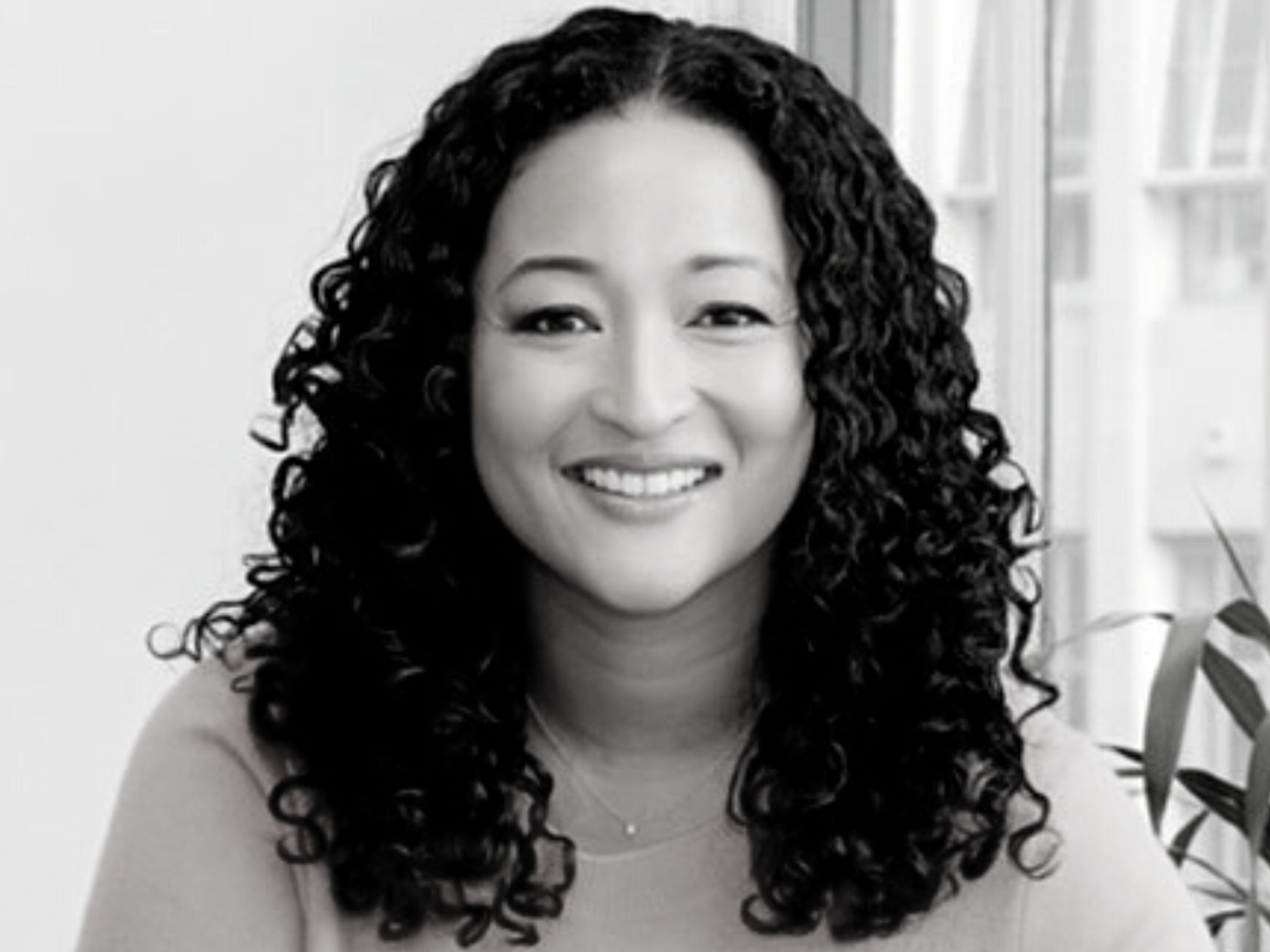Behind Her Empire: How Her Daughter’s Allergic Reaction Led Denise Woodard To Create Her Own Snack Company
Yasmin is the host of the "Behind Her Empire" podcast, focused on highlighting self-made women leaders and entrepreneurs and how they tackle their career, money, family and life.
Each episode covers their unique hero's journey and what it really takes to build an empire with key lessons learned along the way. The goal of the series is to empower you to see what's possible & inspire you to create financial freedom in your own life.

In 2016, Denise Woodard was on a conference call when her daughter had an allergic reaction to a snack containing peanuts and corn. This terrifying incident pushed Woodard to make a drastic life change and thus, her allergy-friendly snack company, Partake Foods, was born.
On this episode of Behind Her Empire, Woodard discusses the lessons she learned in her corporate roles and the arduous journey of building her company from the ground up.
Woodard grew up in a multicultural household and is the daughter of a Korean mother and Black father who helped set the tone for her career.
“For my mother, success looks like you were a doctor, a lawyer, a business person, maybe,” Woodard says. “Their expectation in sending me off to college was that I would go to corporate America and that I would work my way up the corporate ladder.”
And for 10 years, that’s exactly what she did. Woodard held sales roles at Coca Cola, FedEx and Philip Morris, but her experience was devoid of opportunities to learn about other parts of the business — which made it difficult when starting out on her own.
"If I were to go back and do it, again, I probably would have taken stretch assignments or different lateral roles," she explained. "I would have explored that more because I think it would have made me a more well rounded business person."
Starting her own business required a huge learning curve. Her goal was to provide her daughter and others like her with allergy friendly snacks that were both tasty and nutritious.
"Is this worth leaving a career that I love?" Woodard asked herself at the time. "But I really believed that there was space for it, because I'd seen firsthand that I wasn't getting a solution for the issue that we had."
Once she had a product, she needed a way to push that product in front of a larger audience. She worked with a blogger who was well known in the gluten free space, and while the recipe was delicious, it was not scalable for the company.
“Don’t always associate a big following or fame with somebody being the right fit for you,” she said. "I should have gone for someone who worked at at a food company who had experience in commercializing and scaling up a food product. But instead I found this influencer, and in theory, it seemed fantastic, but I didn't have enough experience to understand that it wouldn't be the same thing."
Eventually, after cold calling several co packers, she found one that was the right fit, but was ultimately turned down. But Woodard was determined and ended up running a Kickstarter campaign that “finished in the top 1% of food Kickstarters at the time.”
This achievement got the co packers' attention and they ultimately agreed to work with Woodard to grow Partake.
But Woodard still faced many challenges in the fundraising sphere. After encountering thousands of “no’s” while trying to raise her seed round of funding, a good friend of hers introduced her to a partner at Marcy Venture Partners, a joint venture fund co-founded by Jay-Z.
"They were big believers, thankfully, in me, and really enjoyed the product" she said. "What seemed like a dream actually turned into reality."
One thing led to the next and Marcy Ventures led Partake’s seed round which caught the attention of other investors who initially rejected Woodard’s request.
Two of Woodard's biggest takeaways from her entrepreneurial journey is to never underestimate the power of cold-calling, and that it's ok to start small.
"I think that particularly in an inventory based business, working capital and the requirements around working capital promotion, sales and marketing is very expensive," she said. "And I think when you bite off more than you can chew—no matter how great the founder is, no matter how great the product is—it's really hard to manage through that. And it's it's okay to start small."
dot.LA Reporter Decerry Donato contributed to this post.
This podcast is produced by Behind Her Empire. The views and opinions expressed in the show are those of the speakers and do not necessarily reflect those of dot.LA or its newsroom.
Hear more of the Behind Her Empire podcast. Subscribe on Stitcher, Apple Podcasts, Spotify, iHeart Radio or wherever you get your podcasts.
Yasmin is the host of the "Behind Her Empire" podcast, focused on highlighting self-made women leaders and entrepreneurs and how they tackle their career, money, family and life.
Each episode covers their unique hero's journey and what it really takes to build an empire with key lessons learned along the way. The goal of the series is to empower you to see what's possible & inspire you to create financial freedom in your own life.




 Image Source: JetZero
Image Source: JetZero